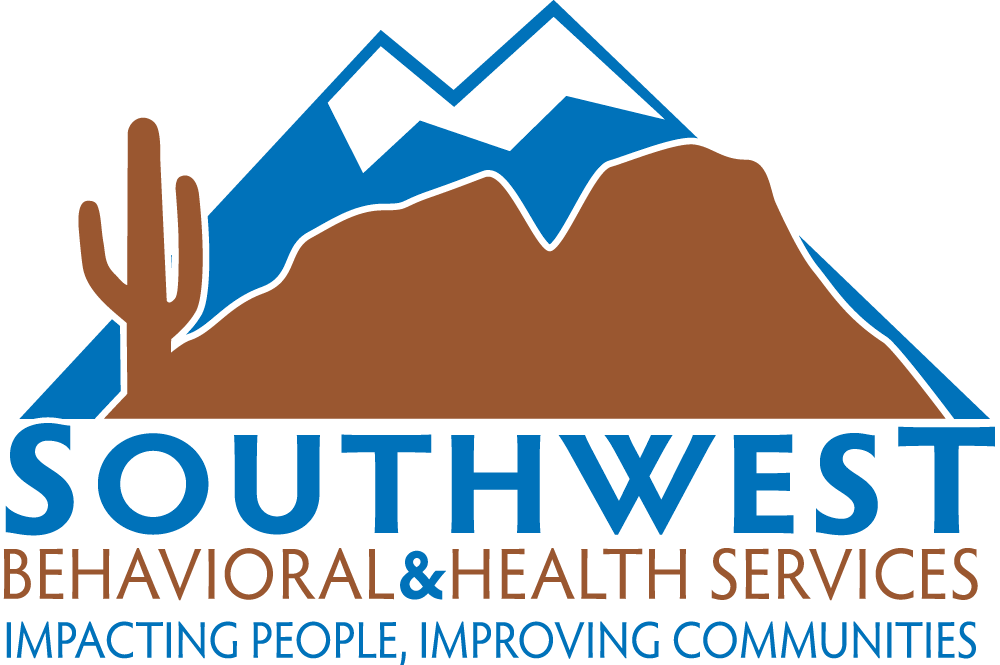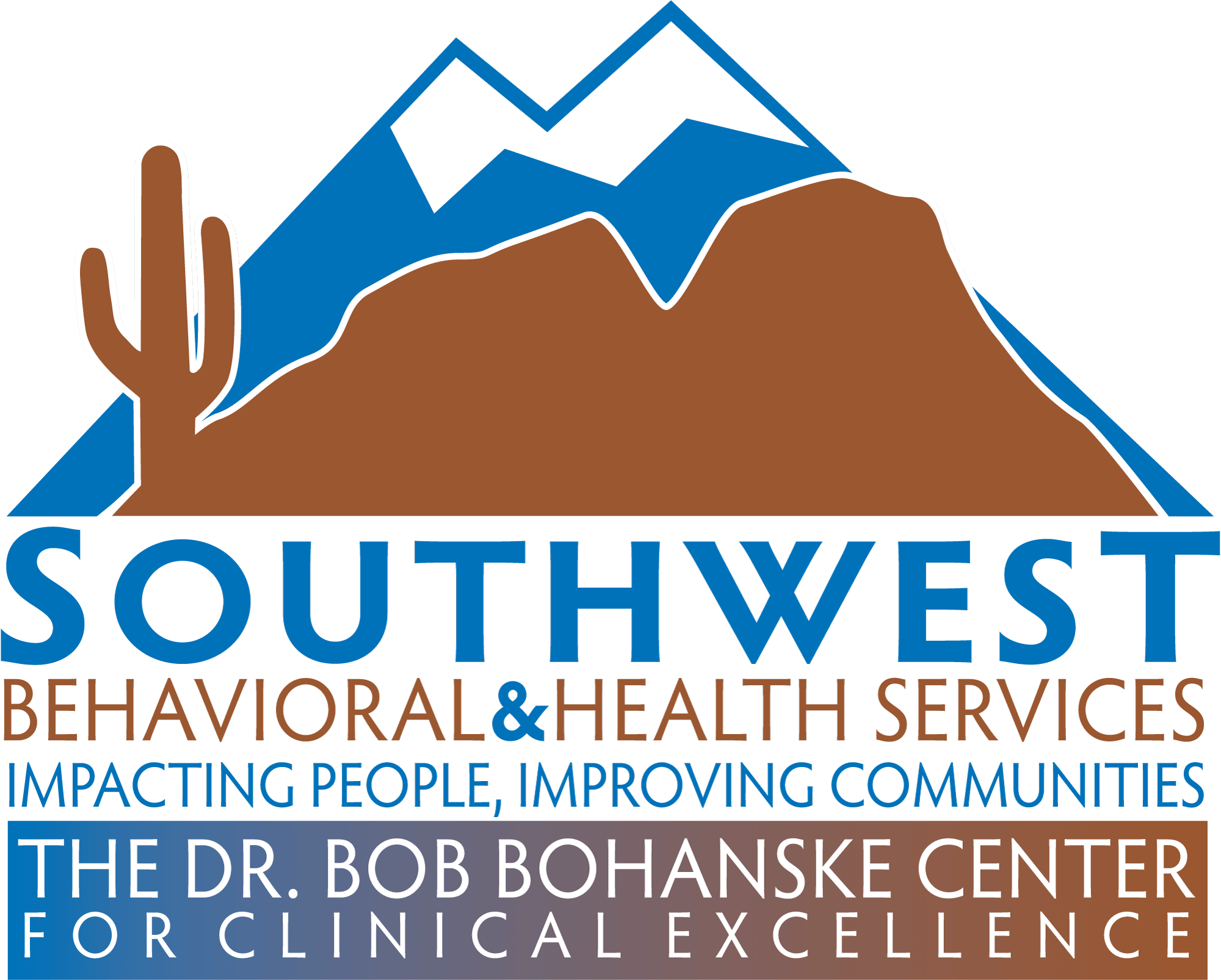CPR/AED
The purpose of this course is to help participants recognize and respond appropriately to cardiac and breathing emergencies to know to give immediate care to a suddenly ill person until more advanced medical personnel arrive and take over. CPR and AED certification cards are provided after Part 2 is completed.
- Part 1: Conceptual (2 hours)
- Part 2 (in person): Practical Skills (1.5 hours)
Training Objectives:
- Recognize the need to start CPR in an emergency situation
- Demonstrate how to give CPR to an infant, child, and adult
- Demonstrate the correct use of AED
- Be able to determine the need for choking treatment
Front Office Safety
In this course, participants will learn skills to prevent, evaluate, and recover when an emergency or violent event happens in a front office environment.
Training Objectives:
- Identify risks and recognize suspicious behavior that could escalate into an emergency situation
- Assess conditions that necessitate emergency procedures
- Demonstrate knowledge on how to reach important key staff in the emergency communication chain and alert other employees
- Demonstrate understanding of the plans and procedures for getting building occupants to safe spaces
- Demonstrate skills to account for employees and members/visitors
PCMA (Professional Crisis Management Association)
PCMA training is a comprehensive, safe, and effective crisis management system designed for parents, school staff, and human service professionals to utilize with children, adolescents, and adults with special needs. PCM was developed by Neal Fleisig, MS, CBA and is regulated by the Professional Crisis Management Association (PCMA). PCM has emerged out of over 20 years of experience in treating severely aggressive individuals in home, school, hospital, and residential settings. PCM places an emphasis on prevention, deescalation, intervention, and post-crisis intervention strategies resulting in a decrease in the occurrence of crisis behavior. Class sizes range from 4 to 12 participants.
Training Objectives:
- Demonstrate use of techniques for verbally deescalating disruptive and aggressive behaviors to try to avoid need for physical intervention
- Demonstrate safe use of physical procedures and techniques that can be utilized during crisis intervention while respecting the dignity and freedom of the individuals involved in the intervention
- Demonstrate skills used to reintegrate individuals back to their treatment activities
Peer Support Specialist Certification
In this training, participants will learn about the role of the peer support worker which includes engaging in a wide variety of activities, including advocacy, linkage to resources, sharing of experience, community and relationship building, group facilitation, skill building, mentoring, goal setting, and more.
Training Objectives:
- Demonstrate understanding of skills used to support people recovering from mental health challenges, substance use, trauma, and other challenging life experiences
- Explain and demonstrate use of cultural competency skills, conflict resolution skills, and job preparation skills
- Demonstrate understanding of Peer Support Specialist ethics and boundaries
Unsafe Behavior & Situational Awareness
In this course, participants will learn how to be aware of what is happening around them in terms of where they are and whether anyone or anything around them is a treat to their safety.
Training Objectives:
- Recognize potential threats in a timely manner
- Demonstrate understanding of how to deal with a gut feeling about something dangerous
- Examine and assess the differences among gut feelings, biases, and past experiences
Youth Mental Health First Aid (YMHFA)
YMHFA is designed to teach parents, family members, caregivers, teachers, school staff, peers, neighbors, health an human services workers, and other caring citizens how to help an adolescent who is experiencing a mental health or addiction challenge or is in crisis. YMHFA is primarily designed for adults who interact with young people. The course introduces common mental health challenges for youth, reviews typical adolescent development, and teaches a 5-step action plan for how to help young people in both crisis and non-crisis situations. Topics covered include anxiety, depression, substance use, disorders in which psychosis may occur, disruptive behavior disorders (including ADHD), and eating disorders.
Training Objectives:
- Demonstrate understanding of the common mental health concerns among youth
- Recognize signs and symptoms of mental health and substance use problems in youth
- Apply use of 5-step action plan to help youth who may be facing a mental health problem or crisis, such as suicide
Read our Article “Suicide Prevention: The Vital Role of Mental Health First Aid” by Chelsea Grieve

